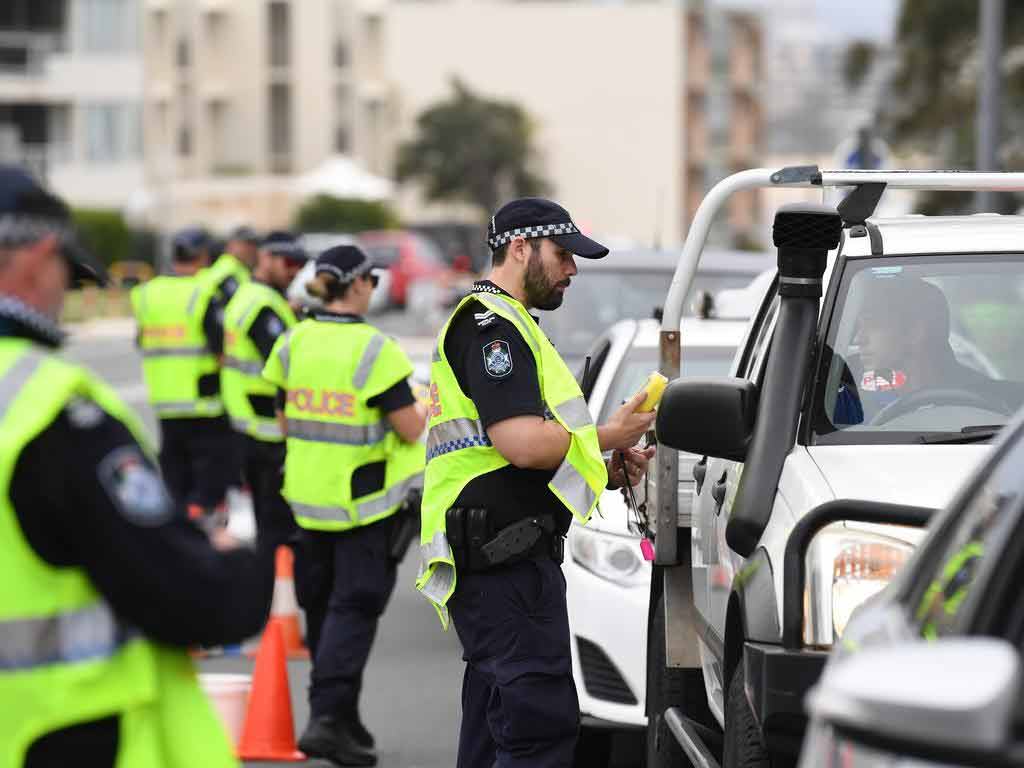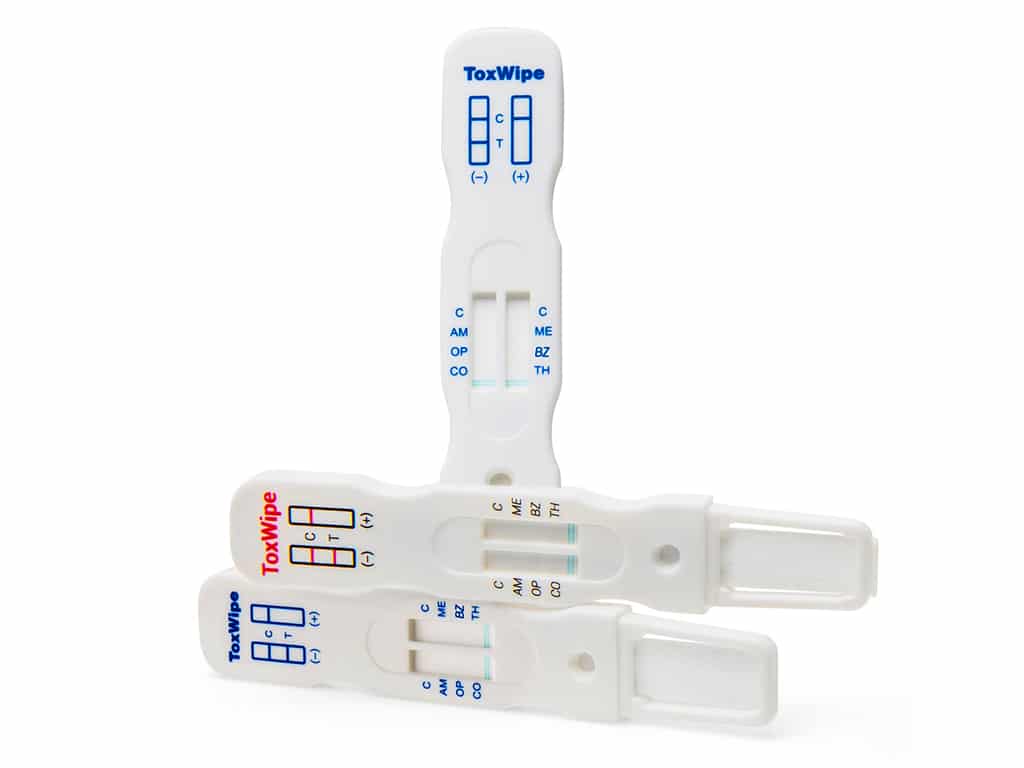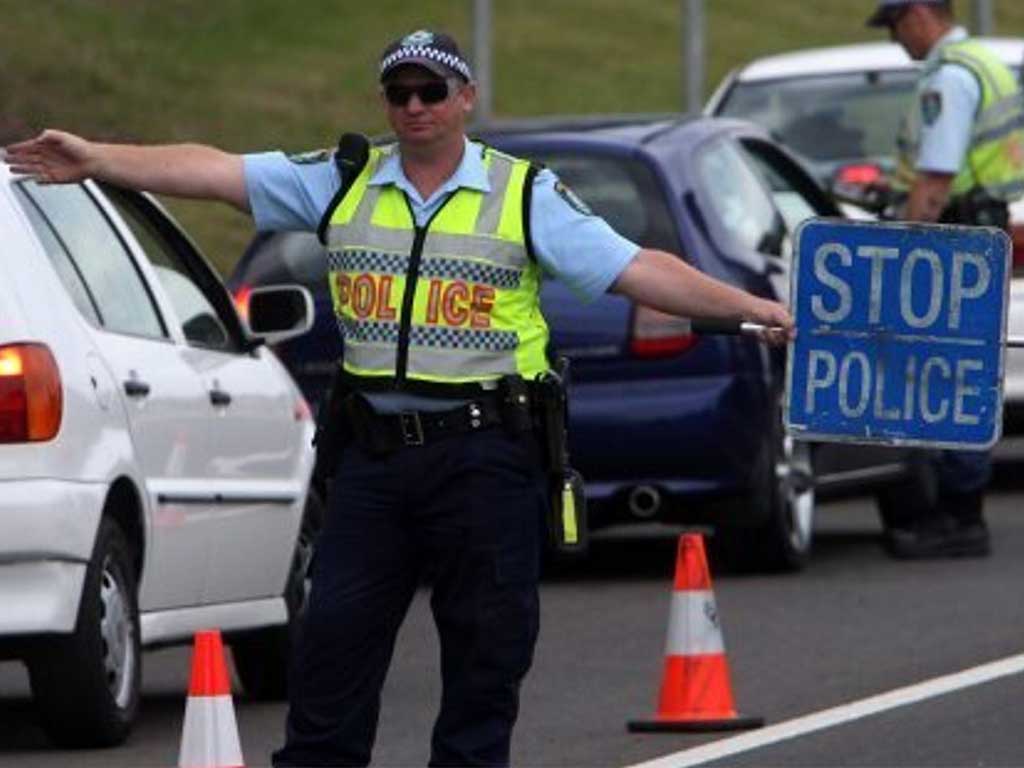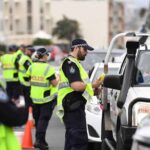NSW Police Drug Test: Overview & the Testing Methods
21 March, 2024

The New South Wales Police is in charge of maintaining safety and order on NSW roads. One of the preventive measures against accidents is conducting roadside testing. An NSW police drug test includes screening motorists for the presence of illegal drugs in their system. It helps to identify individuals who are impaired while driving and take appropriate actions. A standard method used is saliva testing, as it is quick and easy to administer.
Driving Under the Influence (DUI) of drugs or impaired driving is a serious offence in NSW. It can lead to adverse events, such as injuries and even fatal accidents. To prevent such incidents, NSW Police regularly conduct drug tests to ensure that drivers are safe. In this article, we will explore the drug test process of NSW Police, the testing methods used, and the consequences of a positive test result.
Overview of NSW Police Drug Tests
The NSW Police drug test is a common practice to detect the presence of drugs in drivers. NSW legislation has a zero-tolerance for drug driving. Therefore, it is illegal for individuals to operate a motor vehicle with any amount of illicit drugs in their system. Moreover, the test screens for the four common substances, including ecstasy, cannabis, cocaine, and methamphetamines.
The purpose of this test is to identify and remove impaired drivers from the road, reducing the risk of accidents and ensuring the safety of all road users. Police officers conduct mobile drug testing along with random breath testing to patrol the roads. This applies to all drivers, regardless of age, license type, or driving experience.
The police drug test can either be mandatory, at sobriety checkpoints, at random or when there is a reasonable suspicion of impaired driving. Officers ask drivers to pull over and provide biological samples for screening. If the result is negative, they are free to go. However, if the result is non-negative or inconclusive, they may be subject to on-the-spot fines or further analysis.
Importance of Roadside Testing
- Road safety: Roadside drug and alcohol tests identify individuals who are impaired and suspend them from driving to avoid accidents and harm to others.
- Deter drug use: Individuals are less likely to engage in consuming illegal drugs before driving, knowing police could test them anytime.
- Public health: Discourage the use of illicit substances and promote responsible alcohol drinking. This can help reduce the risk of drug-related illness, disease, and disorders. It also helps increase awareness about drug use and its adverse effects.
- Compliance with the law: Enforcing strict drug driving laws helps maintain order and safety on the roads, ensuring everyone follows the rules.

NSW Police Drug Test – Methods of Testing
NSW police drug tests commonly use a saliva swab test to detect the presence of illicit substances in the person. This method is non-invasive, convenient, and provides quick results. Officers can administer the test on the side of the road without needing bathroom facilities or specialised equipment. After the sample collection, the saliva test kit displays the results as either negative (no drugs detected) or non-negative (drugs detected).
To conduct the roadside drug test, police will ask the driver to provide a saliva sample using a swab stick or collection device. It involves brushing the inside of the mouth or cheek for a few minutes until a sufficient sample volume is obtained. Then, police will insert the sample into a screening device and wait for the results.
In testing for alcohol, law enforcement uses advanced breathalysers. It is a portable device that measures the concentration of alcohol in a person through the breath. The driver blows into the device, and it calculates the Blood Alcohol Content (BAC). This device can produce the results within seconds and display precise numerical readings.
Drugs Tested For
The NSW roadside drug testing detects a range of illicit substances, including marijuana, amphetamines (speed), cocaine, and opiates. Marijuana testing includes THC, the active component of cannabis and other metabolites. Amphetamines also include methamphetamines, also known as crystal or ice. Additionally, cocaine testing can identify the presence of benzoylecgonine.
Screening for opiates includes heroin, methadone, and codeine. Moreover, the test can also detect the presence of prescription drugs. Certain medications, such as benzodiazepines, can impair the ability to drive. Lastly, a breath test traces ethanol. Overall, these substances can cause drowsiness, slower reaction time, blurred vision, and poor coordination.

NSW Police Drug Test – What to Expect?
When undergoing an NSW police drug test, it is essential to abide by the instructions given by the officers. Drivers can expect a few simple, routine procedures. The process usually begins with a breath test to determine if a person is under the influence of alcohol. If the officer suspects drug impairment, they may proceed to conduct roadside drug testing.
The police officer will use an oral swab to obtain a sample. The results take a few minutes, and the driver must wait until the police say clear. Most individuals who test negative are soon on the road again. If the test is non-negative, they will need to do a second test at a mobile drug bus or police station.
If the second saliva sample is positive, the individual will be banned from driving for 24 hours. Police will send the sample to a laboratory for further analysis. Furthermore, individuals may wait for the laboratory test results, which can take a few weeks. If the results confirm the presence of drugs, the driver may face criminal charges and legal consequences.
Implications of a Non-Negative Result
A non-negative result can have several implications, depending on whether it is a first or subsequent offence. Firstly, the driver may face infringement notices or fines. Secondly, they will be prohibited from driving for 24 hours. This is known as an immediate suspension, and it serves as a precautionary measure to ensure the safety of other road users.
Individuals may expect to attend legal proceedings for drink or drug driving. Upon conviction, they may face licence disqualification, maximum penalty fines, and even imprisonment. They may also undertake a drug diversion program to help individuals overcome addiction.
Conclusion
The NSW police drug test is a vital tool used by law enforcement officers to ensure public safety and prevent accidents. They conduct roadside drug tests to detect illegal substances in the system. Under NSW legislation, any amount of illicit drugs is subject to corresponding penalties or legal charges. The procedure involves saliva testing for drugs and breath testing for alcohol. These methods are quick, convenient, and non-invasive, providing fast results.
Drug testing typically detects commonly abused substances, including marijuana, cocaine, ecstasy, and methamphetamines. It is crucial for individuals to understand the potential implications of impaired driving and comply with the regulations. If the test result is positive, they may face fines, licence suspension, and imprisonment. Ultimately, the police drug test serves as a deterrent and a means to protect the safety of all road users. It is a part of the broader efforts to promote responsible driving.






























